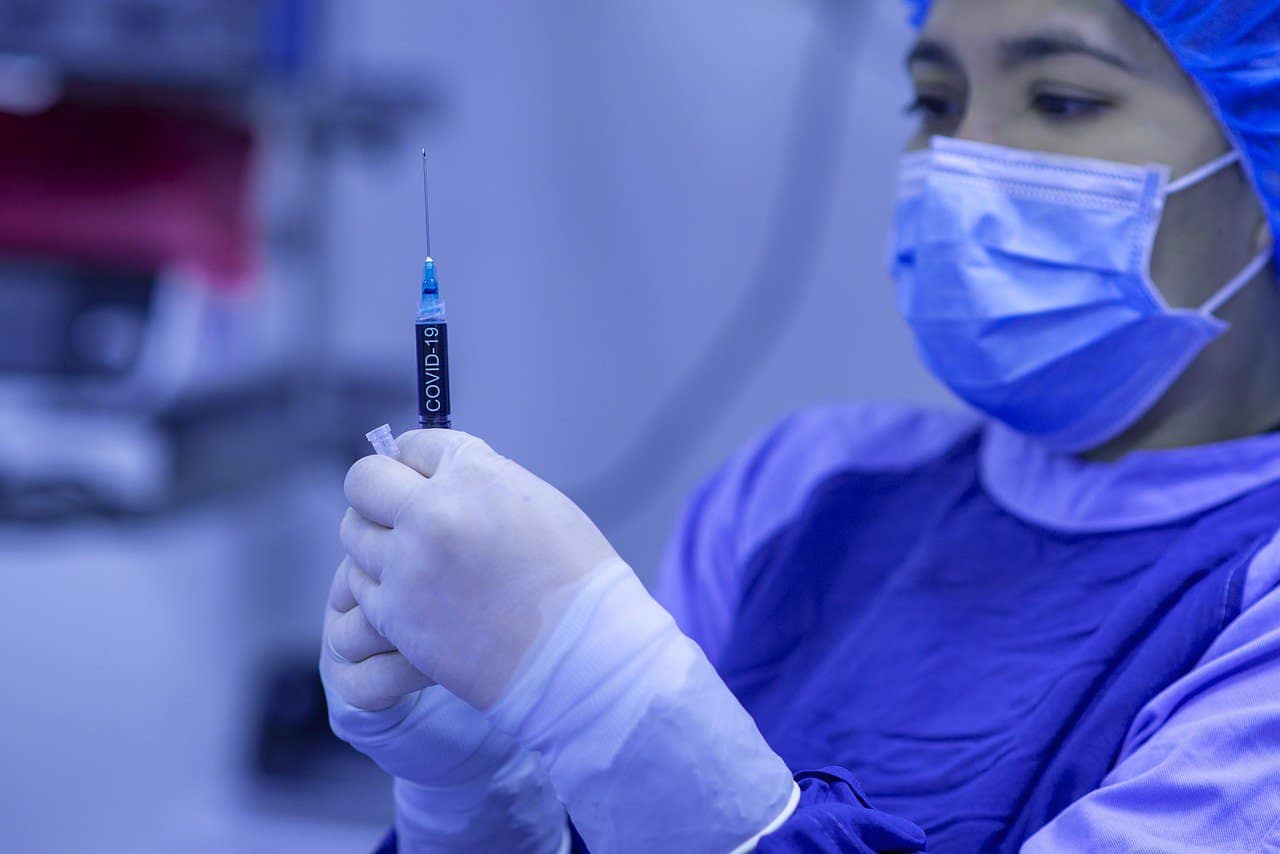In the realm of healthcare, the concept of the Full Practice State is pivotal for understanding the evolving role of Nurse Practitioners (NPs).
Defined, a Full Practice State allows NPs to assess, diagnose, interpret diagnostic tests, and initiate treatment plans including prescribing medications independently, without the need for physician oversight.
This autonomy is vital as it not only amplifies the capacity for healthcare delivery but also addresses the pressing shortage of primary care providers, especially in underserved areas.
The significance of NP Full Practice transcends the boundaries of healthcare policy, impacting patient care quality, accessibility, and healthcare system efficiency.
It is a testament to the evolving healthcare landscape, recognizing the expertise and potential of NPs to contribute significantly to the health and well-being of the population.
Understanding Florida’s Regulatory Landscape
In navigating the complex terrain of Florida’s regulatory landscape, it’s crucial to understand both the current practice regulations for Nurse Practitioners (NPs) and the historical context that has shaped these regulations.
Current NP Practice Regulations in Florida have seen significant evolution over the years. Currently, NPs in Florida are granted the ability to provide certain levels of care independently, but there are still stipulations that require them to work under the supervision of a physician in many scenarios.
This regulatory framework permits advanced practice registered nurses to diagnose and treat patients, prescribe medications, and perform other healthcare functions, although the scope of practice can vary widely depending on specific state laws.
At the same time, the Historical Evolution of NP Practice in Florida reflects a dynamic shift in healthcare delivery models and the recognition of every advanced practice registered nurse as a vital healthcare provider.
The evolution has been driven by both legislative changes and the growing need for healthcare services, especially in underserved areas.
Over the years, advocacy for expanded NP roles has resulted in incremental changes that have gradually broadened the nurse practitioner scope in Florida.
Understanding this historical context is essential for grasping the current regulatory environment and anticipating future developments to practice advanced nursing.
NP Education and Certification in Florida
To become a Nurse Practitioner (NP) in Florida, candidates must follow a set of educational and certification guidelines designed to ensure they possess the necessary knowledge and skills.
Accredited NP Programs
Prospective NPs must complete a graduate-level program that is accredited by a recognized body such as the Commission on Collegiate Nursing Education (CCNE) or the Accreditation Commission for Education in Nursing (ACEN).
These programs often offer specializations in fields such as family practice, pediatrics, or gerontology, and typically include both classroom instruction and clinical practice hours.
While they complete the programs, they must undergo physician supervision for a number of hours under the guidance of an allopathic or osteopathic physician.
Certification Requirements
After completing an accredited NP program, candidates must obtain certification in their chosen specialization from an approved certifying body, such as the American Nurses Credentialing Center (ANCC) or the American Academy of Nurse Practitioners (AANP).
The certification process usually involves passing a rigorous examination that tests the candidate’s knowledge and skills in their specialty area.
Additionally, to practice in Florida, NPs must apply for licensure with the Florida Board of Nursing, which requires submitting proof of education, certification, and other relevant documents.
Scope of Practice for Florida NPs
In Florida, the scope of practice for Nurse Practitioners (NPs) encompasses a breadth of duties, tailored to ensure comprehensive patient care and optimize health outcomes within the healthcare system.
Clinical Responsibilities
NPs in Florida are entrusted with a variety of clinical responsibilities. These include conducting physical examinations, diagnosing and treating common acute and chronic conditions, interpreting laboratory and imaging results, and initiating and managing treatment plans.
Their role emphasizes a holistic approach, catering to the physical as well as psychological aspects of patient care.
Prescriptive Authority
With regard to prescriptive authority, Florida NPs have the capacity to prescribe medications, including controlled substances.
This authority is subject to specific regulations and, in some instances, requires the NP to enter into a formal supervisory or collaborative agreement with a physician.
This empowerment significantly enhances the NPs’ ability to offer comprehensive, one-stop care to their patients.
Collaborative Agreements
Collaborative agreements are a critical component of the practice framework for NPs in Florida. These agreements delineate the formal relationship between NPs and supervising physicians, setting the groundwork for supervision, mentorship, and, when necessary, delegation of specific medical tasks.
The collaborative agreements are instrumental in defining the extent and limitations of NPs’ practice within the state, ensuring that patient care is delivered safely and effectively, under the umbrella of interdisciplinary teamwork.
Overall, it’s important to remember that laws may vary from state to state. In some cases, nurses might be able to have their own independent practices, whereas in others they prefer working directly with the general internal medicine department.
Whether you’re looking to specialize in family medicine, have your own primary care practice, or simply practice autonomously, you’ll have to abide by the specific rules applicable.
Legislative Factors Influencing NP Practice
Recent legislative shifts have profoundly impacted Nurse Practitioner (NP) practice across various states. These changes primarily revolve around granting NPs full practice authority, enabling them to assess, diagnose, interpret diagnostic tests, and initiate treatment plans independently.
Prior restrictions required NPs to work under the supervision of a physician; however, the new legislation aims to improve healthcare accessibility, particularly in underserved areas.
Advocacy efforts from national and state nursing associations have been pivotal in driving these legislative changes.
These organizations have presented compelling evidence highlighting the quality of care provided by NPs and their potential to alleviate the growing shortage of primary care providers.
Lobbying activities, public awareness campaigns, and collaboration with policymakers have been key strategies in advocating for the autonomy of NPs, ultimately leading to more states adopting full practice regulations.
Comparison with Other States
In states classified as Full Practice, Nurse Practitioners (NPs) are granted autonomy in their practice, allowing them to evaluate patients, diagnose, interpret diagnostic tests, and initiate treatment plans without physician oversight.
This model emphasizes the utilization of NPs to their full potential, contributing positively to the accessibility and efficiency of healthcare, especially in underserved areas.
Conversely, Limited Practice states impose significant restrictions on NP practice. In these states, NPs are required to enter into collaborative agreements with physicians, limiting their ability to independently prescribe medications or execute certain procedures.
This not only curtails the operational capacity of NPs but also contributes to delays and barriers in patient care access, compounded by the scarcity of healthcare providers in rural and underserved regions.
Summary
In conclusion, the exploration into whether Florida is a full-practice state for Nurse Practitioners (NPs) has revealed significant insights.
The key findings indicate that while there have been strides toward full practice authority, Florida NPs still face certain restrictions that limit their ability to practice independently to the fullest extent possible, unlike in some other states where full autonomy is granted.
These limitations predominantly revolve around aspects such as prescriptive authority and unsupervised practice settings.
The implications of these findings for Florida’s NP practice are profound. On one hand, the current regulations ensure that there is a structured framework within which NPs operate, potentially increasing the quality of care through collaborative practice models.
On the other hand, these restrictions may limit accessibility to healthcare services, especially in underserved areas where NPs could fill a vital gap in the absence of sufficient medical practitioners.
Therefore, as Florida continues to evolve its healthcare policies, it will be pivotal to balance regulatory oversight with the need for increased healthcare access, ensuring NPs can utilize their full potential to serve the community effectively.




![How Much Do NPs Make an Hour? [Full Guide]](https://www.fronterasearch.com/wp-content/uploads/2024/04/pexels-andrea-piacquadio-3952006-600x400.jpg)
